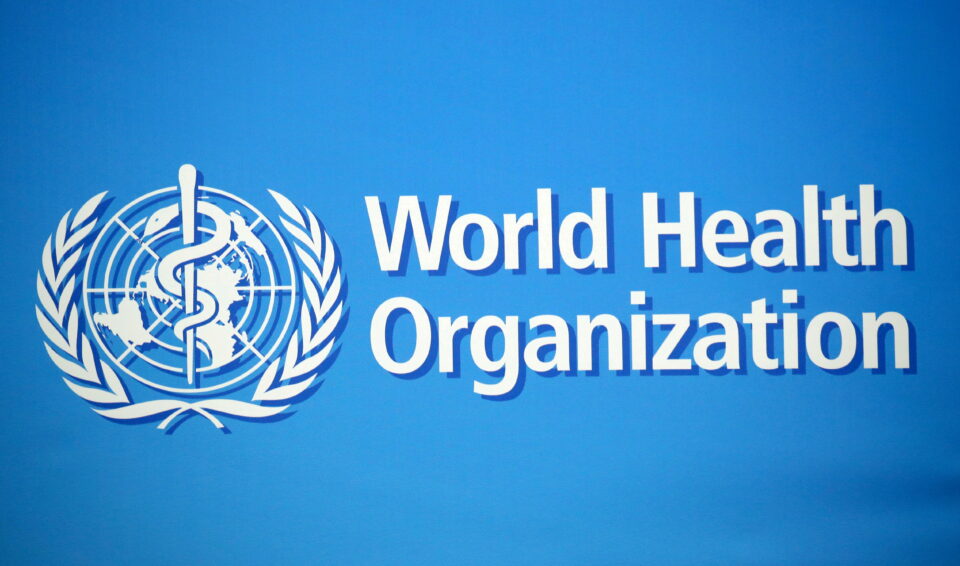By Hassan Zaggi
The World Health Organisation (WHO), has insisted that addressing inequality is critical to ending both AIDS and COVID-19 and preventing future pandemics – potentially saving millions of lives, and safeguarding the society.
The WHO Regional Director for Africa, Dr Matshidiso Moeti, stated this in a message to mark the year 2021 World AIDS Day, on Tuesday.
She called on countries to ensure that “everyone, everywhere, has equal access to HIV prevention, testing, treatment, and care, including COVID-19 vaccinations and services.:
Moeti, therefore, urged governments to prioritize investment in health funding for community-led, human rights-based, gender transformative responses.
“We must boost our essential health workforce, and secure equitable access to life-saving medicines and health technologies.
“Global solidarity and shared responsibility are critical components of the kind of rights-based approach we need if we are to end HIV/AIDS and COVID-19,” she said.
With COVID-19, the WHO said that people living with HIV appear to be at elevated risk for virus-related illness and death, explaining that nearly 70% live in the WHO African Region, where only 4.5% of people are fully vaccinated against COVID-19.
“The continent as a whole is, however, unlikely to end AIDS as a public health threat by 2030, after we fell short of the expected 75% reduction in new HIV infections and 81% reduction in AIDS-related deaths by 2020.
“Despite the very high percentages of people living with HIV who know their status, and treatment rates, new HIV infections and AIDS-related deaths are not decreasing concomitantly,” she said.
Moeti argued that it remains critical “for us to reach those who are fuelling the epidemic, addressing the persistent inequities in the provision of quality care and interventions. “For instance, in West and Central Africa last year, key populations and their sexual partners accounted for 72% of new adult HIV infections.
“Yet punitive laws, policies, hostile social and cultural environments, and stigma and discrimination, including in the health sector, prevent them from accessing services.
“In Sub-Saharan Africa, young women are twice as likely to be living with HIV than men.
“For adolescents aged 15 to19 years, three in every five new infections are among girls who don’t have access to comprehensive sexuality education, who face sexual and gender-based violence, and live with harmful gender norms. They also have less access to school than their male peers.”
She regretted that last year, two out of every three new HIV infections occurred in the African Region, corresponding to almost 2 500 new HIV infections every day.
Sadly, she lamented, AIDS claimed the lives of 460 000 people, or a shocking 1 300 every day, in spite of free access to effective treatment.
“The challenges notwithstanding, Africa has made significant progress against HIV in the past decade, reducing new infections by 43% and nearly halving AIDS-related deaths.
“In the Region, 86% of people living with HIV know their status, and 76% are receiving antiretroviral therapy,” she stressed.



